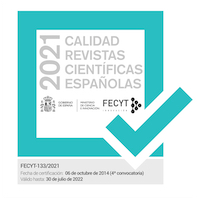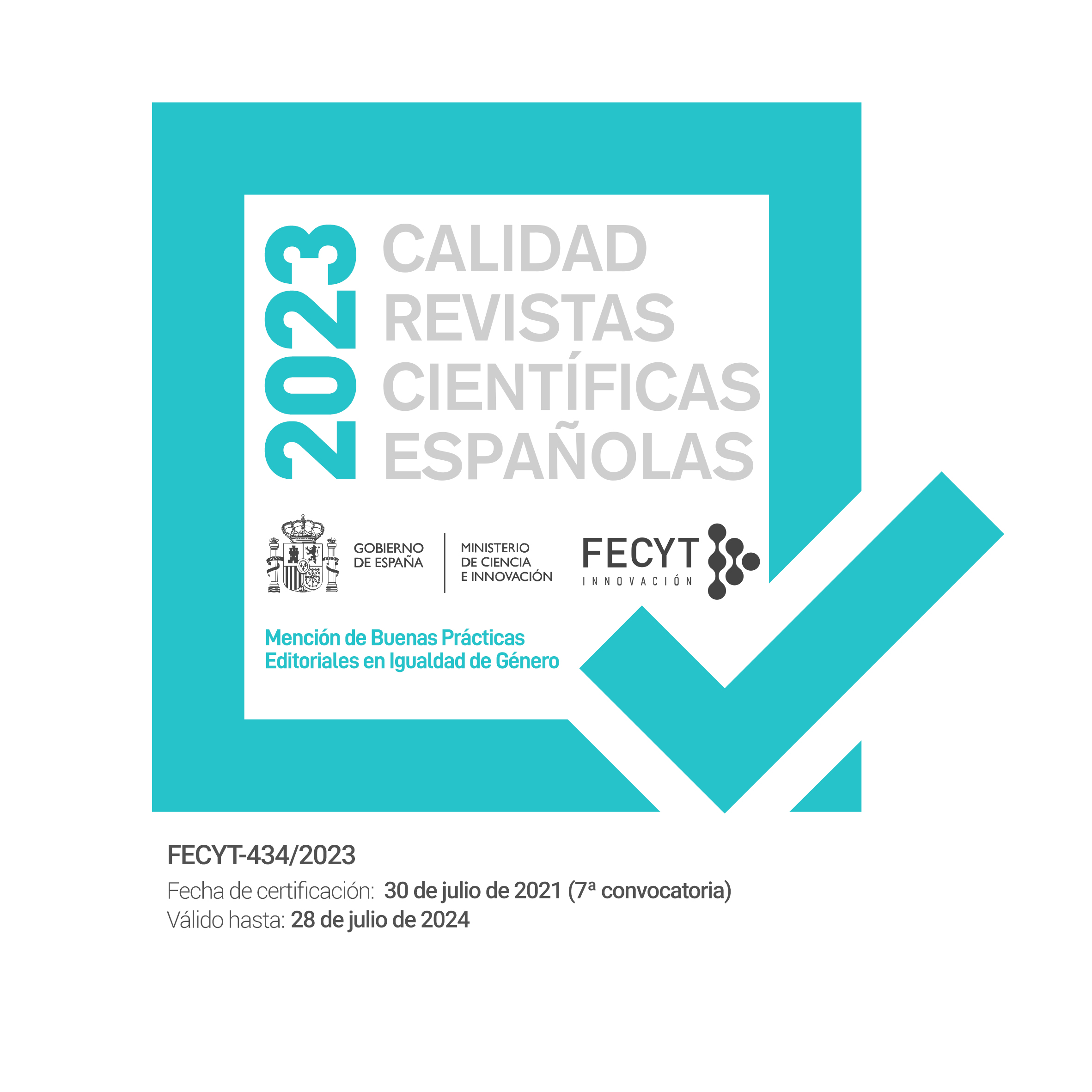Is (also) Magna Carta an ecclesiastical document? The preeminent role of the Church in the development of English legal system
Keywords:
Magna Carta, Ecclesiastical Courts,, canon law, Equity systemAbstract
Recent studies suggest that Magna Carta could have been published mainly by the Church, which had a specific interest in spreading copies of the charter, and the technical ability to write, distribute and preserve them. These researches confirm the special sway of the Church on the formation of English legal system. First, thanks to the action of the Ecclesiastical Courts, which had a jurisdiction larger than that possessed by any other Ecclesiastical Courts in Europe. Then, in the decisive importance of the cultural background, based on canon law, of the holders of administrative and judicial offices of the kingdom. Finally, for the concrete contents of rules transmitted to the Equity system, and generally to English law. The influence of ecclesiastical jurisdiction was indeed decisive in marriage, in defining rights and interests in estates, in the development of contracts; but it was paramount even in the concrete shaping of rules and institutions nowadays surrounded by «an aura of Englishness», like wills and trusts. The role of the Church in the history of Common law tradition is so evident, that «any account of English legal development that does not take account of ecclesiastical jurisdiction is therefore an incomplete account».
Keywords: Magna Carta; Ecclesiastical Courts; canon law; Equity system.
References
<p>Biancalana, Joseph. “Medieval uses.” <em>Itinera Fiduciae. Trust and Treuhand in Historical Perspective</em> (1998): 111-148.</p>
<p>DeVine, Stephen W. “The Franciscan friars, the feoffment to uses, and canonical theories of property enjoyment before 1535.” <em>The Journal of Legal History</em> 10.1 (1989).</p>
<p>Griffith-Jones, R. & Hill, M. “The Relevance and Resonance of the Great Charter.” <em>Carta Magna, Religion and The Rule of Law. </em>Eds. Griffith-Jones, R. & Hill, M. (2015).</p>
<p>Helmholz, Richard. “Trusts in the English Ecclesiastical Courts 1300-1640.” <em>Itinera Fiduciae: Trust and Treuhand in Historical Perspective</em> (1998).</p>
<p>Helmholz, Richard H. “The Canon Law and Ecclesiastical Jurisdiction from 597 to the 1640s.” <em>The Oxford History of the laws of England</em>, I. Oxford,2004.</p>
<p>Herman, Shael. “The canonical Conception of the Trust.” <em>Itinera Fiduciae,Trust and Treuhand in Historical Perspective</em> (1998).</p>
<p>Sacks, Jerome. “Biblical Principles and Magna Carta.” <em>Magna Carta, Religion and the Rule of Law</em>. Cambridge, 2015.</p>
<p>Siedentop, Larry. <em>Inventing the individual: The origins of Western liberalism</em>. Harvard University Press, 2014.</p>
</div>
<p> </p>









